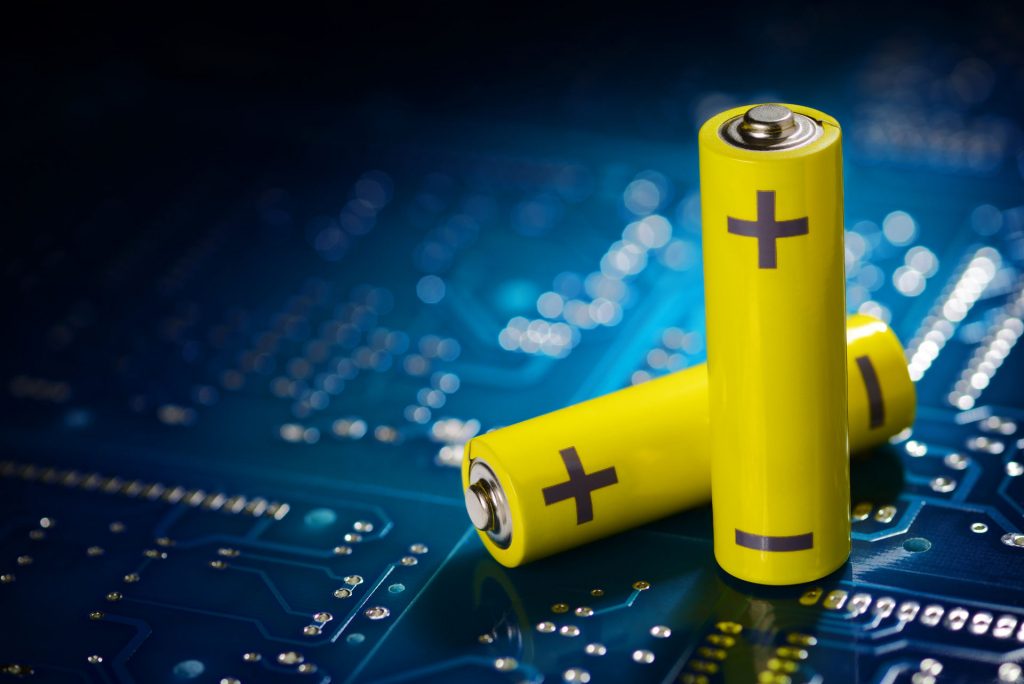
The lithium-ion batteries have been around for ages. The first commercial product came back in 1991 thanks to Sony and Asahi Kasei. At that time, they were competing with NiCd (Nickel-cadmium), NiMH (Nickel-metal hydride) and more. But quickly they managed to become the one and only option for all manufacturers. Why haven’t there been any new technologies that can replace the lithium-ion batteries?
Actually, there have been at least a few new techs that really need our attention. Many of them are in their development stage and are not ready for the market yet. The new battery options have to prove that they have at least one better parameter – faster charging, bigger capacity, smaller size, generally safer. And on top of better performance, they need to have a competitive price, so that the manufacturers can choose them instead of lithium-ion batteries.
Graphene battery
We have already heard about graphene batteries. For many years, in fact. They are supposed to have greater higher capacity, be charged a lot more quickly, be lighter, flexible and with a higher temperature range. How good are they actually? We might find out very soon. In a recent post on Twitter (22.10.2018), Samsung Mobile clamed they’d finished the development of graphene batteries. This means that we can expect them to hit the spot light very soon, maybe in the next 1 to 5 years.
Lithium-sulfur battery
Lithium-sulfur batteries had many problems throughout the process of reaching the market. Since sulfur is not a highly conductive material, the batteries would expand during charging, and the electrodes would get damaged in the process. The lithium-sulfur batteries are ready for the market, and we can expect them in the next 1 to 5 years. They are lighter with up to 7 times better energy density than the current lithium-ion ones. They will be used in drones and aviation, although they will find more application in electric vehicles. Their downside is the higher price.
Zinc-oxide battery
Zinc-oxide batteries are not stable enough yet which makes them rather dangerous at this point. Current research shows that after 100-150 cycles, the batteries loose half of their capacity. Although they require some more time for development, zinc-oxide batteries are lighter (x3 or x4 times) than the lead-acid batteries that are used in cars. They may get into production in 1 to 3 years.
Solid-state battery
In the Solid-state batteries both the electrodes and the electrolytes are solid. There are no liquid or polymer electrolytes like in the lithium-ion or lithium polymer ones. That makes them safer, with lower possibility to burn in flames.
These batteries should have better energy density. They should also allow for faster charging due to the possibility of using higher voltage.
Solid-state batteries are still not on the market, but there are different startups that are working on bringing them to consumers.
Expect them in 10 to 15 years.
Sodium battery
Sodium-ion batteries can be a much cheaper alternative to the lithium-ion. They may turn out to be one of the lightest options, 7 times lighter than the graphite batteries and equal in size. There are different universities like the University of Cambridge and the University of Birmingham, which are researching this option, but they are at a very initial stage. Sodium batteries might never see the light.
… [Trackback]
[…] Read More Info here on that Topic: blog.neterra.cloud/en/are-there-alternatives-to-the-lithium-ion-batteries/ […]